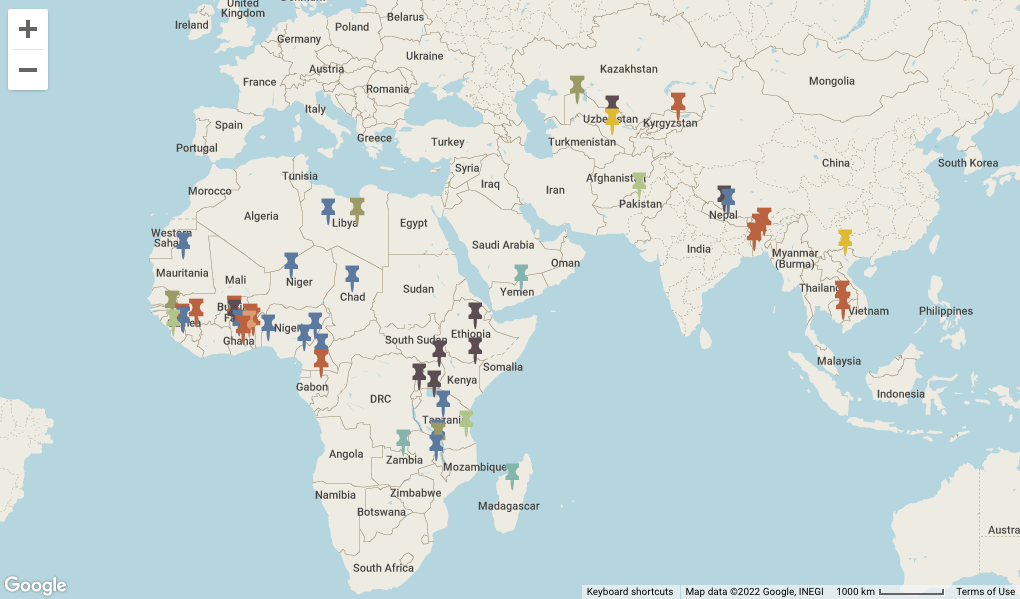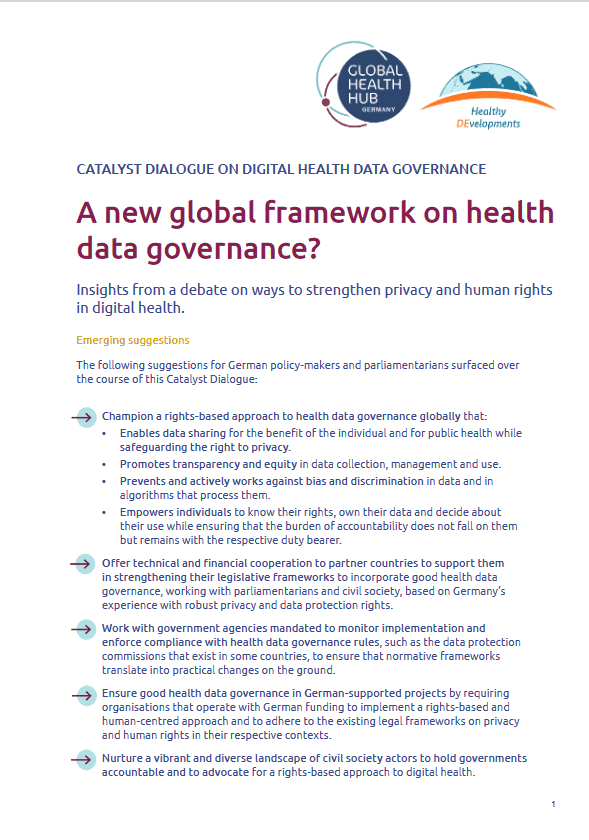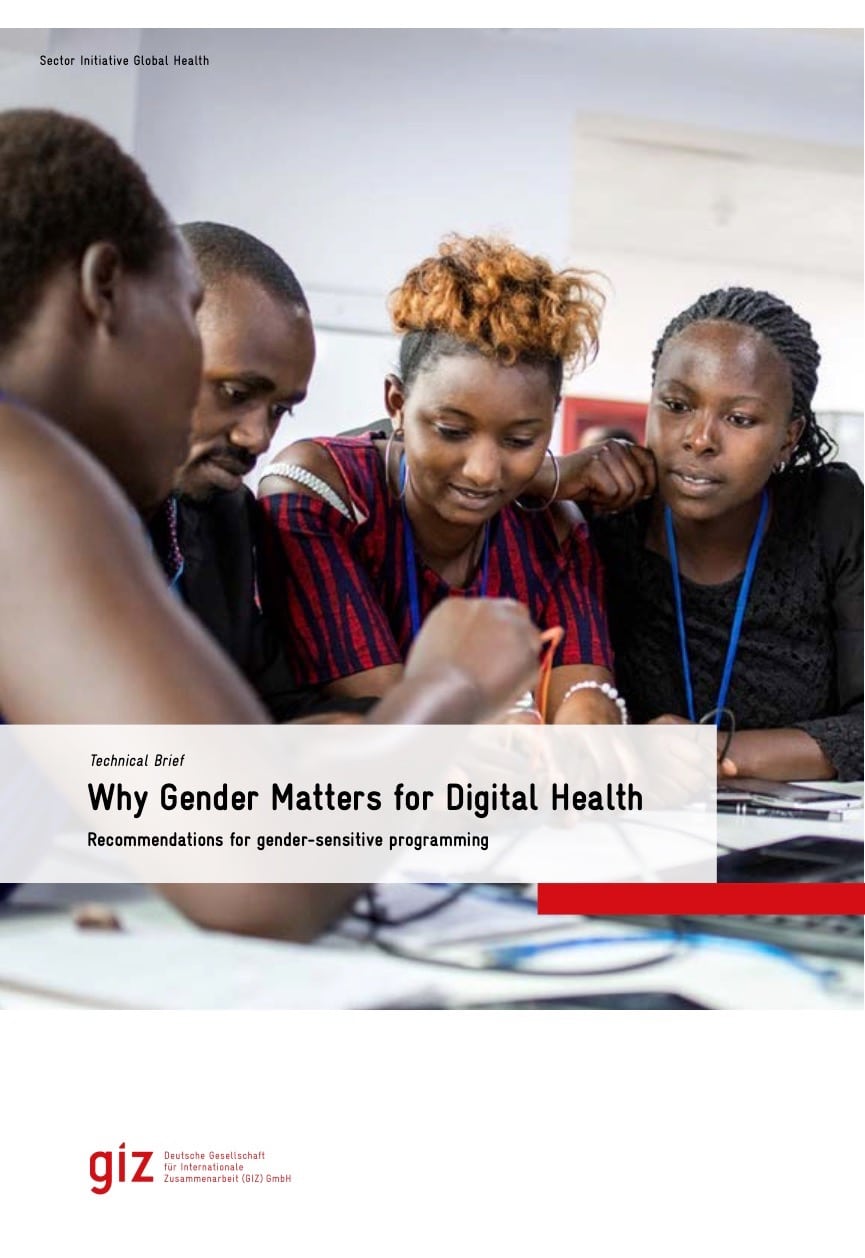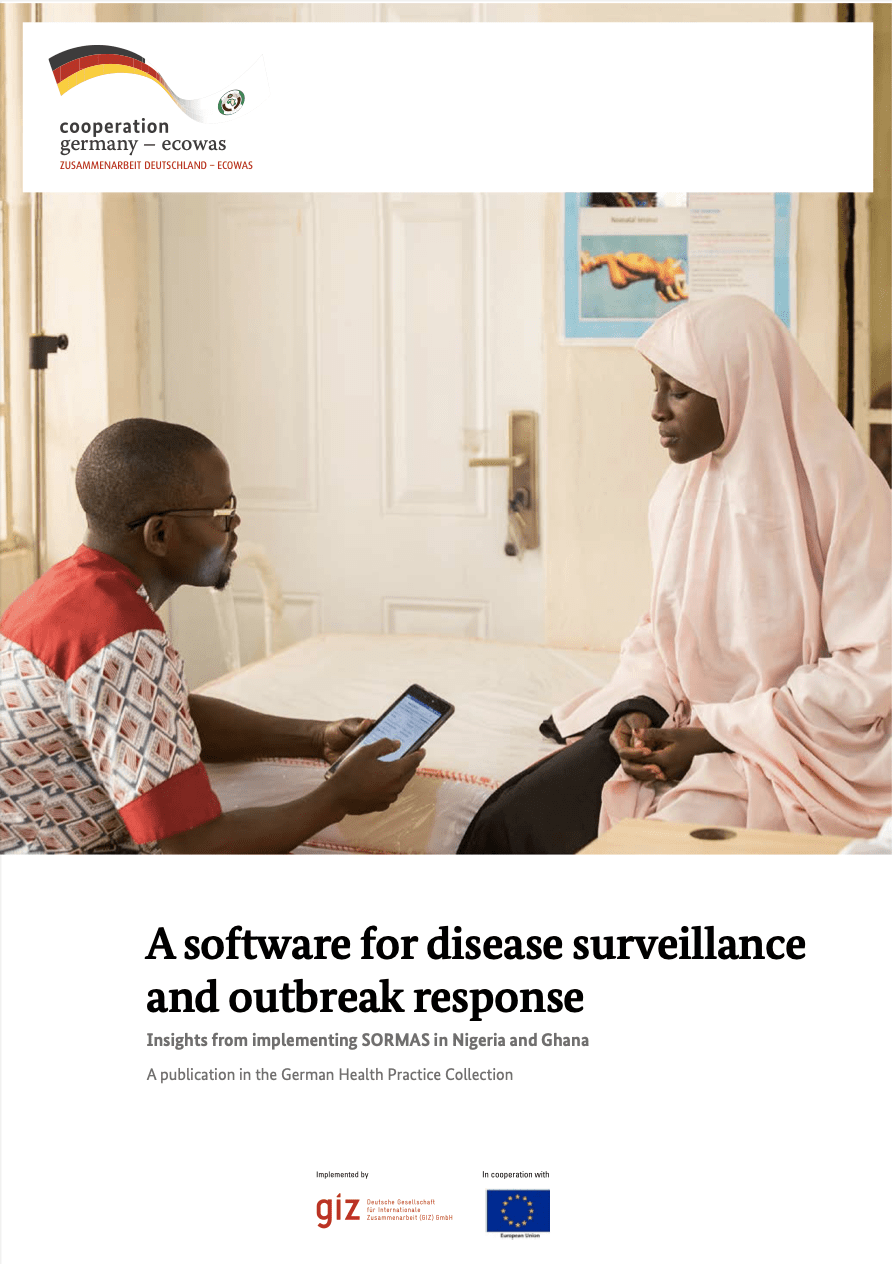- Home
- |
- Health Topics
- |
- Digitalisation in health
Digitalisation in health
Jump to: Events | Studies | Stories
Digitalisation revolutionises data management and administrative processes in healthcare systems.
Through the Sustainable Development Goals countries have set themselves ambitious targets for improving their health and social protection systems. But in many countries, basic statistics such as birth and death records or information on important indicators such as service coverage or the number of new infections with a dangerous virus are lacking or patchy. Without reliable and consistent information, policy makers and service managers cannot make informed decisions about where to target resources or which interventions work.
Secure, connected and digitalised health systems can reduce such inefficiencies, improve access, reduce costs, increase quality, and personalise services. They can ensure crucial data are available almost immediately at local and central level, for example, to detect and manage disease outbreaks, to set up and run health insurance schemes or to manage the maintenance of high-tech medical equipment.
German development cooperation aims at enabling its partner countries to realise the full potential of digital technology in building scalable, sustainable and interoperable digital health systems. Check the articles, studies and event documentations on this page to get an overview.
German-supported digital health solutions
An interactive map
 Studies
Studies
-
Why Gender Matters for Digital Health
Recommendations for gender-sensitive programming
-
Digitalising Nepal’s health sector
A country’s journey towards an interoperable digital health ecosystem
-
A software for disease surveillance and outbreak response
Insights from implementing SORMAS in Nigeria and Ghana












